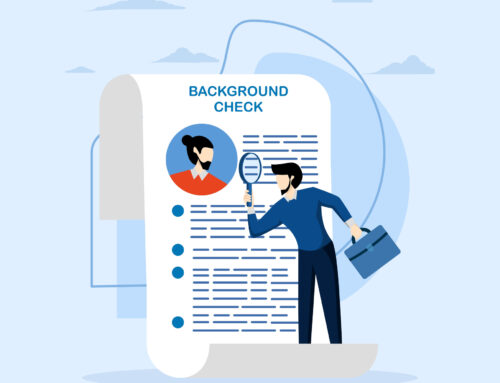In a tight job market, where nonprofit organizations are competing with for-profit businesses for talent, you may find it necessary to raise your compensation. If so, keep in mind the potential tax penalties that can result if the IRS deems your compensation more than reasonable. Here are some answers to common questions on the topic.
Who’s involved?
Excess benefit transaction (EBT) rules generally apply to “covered organizations,” meaning 501(c)(3) and 501(c)(4) organizations. They don’t, however, apply to private foundations. The rules also involve “disqualified persons,” including:
- Individuals in a position to exercise substantial influence over your organization’s affairs,
- Family members of disqualified individuals,
- Entities in which disqualified individuals have a 35% or greater stake,
- Individuals able to substantially influence a Section 509(a)(3) supporting organization, and
- Donors and donor advisors involved in transactions with donor-advised funds (DAFs).
Family members generally include a disqualified person’s parents, siblings and their spouses, children and their spouses, and grandchildren and their spouses. Under proposed regulations, the definition of “donor-advisor” would include personal investment advisors who manage the investment or provide investment advice related to both the DAF assets and the donor’s personal assets.
What’s an EBT?
Generally, an EBT is a transaction with two components:
- A covered organization must directly or indirectly provide an economic benefit to a “disqualified person,” and
- The value of the benefit must exceed the value of the consideration the nonprofit received in exchange from the disqualified person.
The IRS examines all consideration and benefits exchanged.
What are the potential tax risks?
Although revocation of your tax-exempt status technically is possible, in practice, the sole penalty is “intermediate sanctions,” also known as an excise tax. Disqualified individuals who engage in EBTs face an excise tax of 25% of the excess benefit received. They should make a timely correction to the transaction by, for example, returning the excess benefit. If they don’t, the IRS will impose an additional excise tax of 200% of the excess benefit.
Notably, your nonprofit’s managers also are at risk of a financial penalty. A manager found to have knowingly participated in an EBT might end up on the hook for a 10% tax on the excess benefit up to $20,000, to be paid by the individual.
How can you reduce threats?
The tax regulations provide nonprofits a safeguard known as the “rebuttable presumption of reasonableness.” The compensation you pay disqualified persons is presumed to be reasonable if you satisfy three requirements:
- Advanced approval from an authorized body. The compensation arrangement should be approved by your board of directors or a board committee composed entirely of individuals who don’t have conflicts of interest.
- Comparability. The authorized body must obtain and rely on appropriate data on the comparability of the compensation before making its determination. Appropriate data includes compensation paid by similar organizations for comparable positions, the availability of similar services in your geographic area and current compensation surveys compiled by independent firms.
- Documentation. The authorized body needs to adequately — and concurrently — document the basis for its determination. Documentation must note the transaction’s terms and the date it’s approved; the members of the authorized body present for debate of the transaction and who voted on it; and any actions taken by a member who has a conflict of interest.
The documentation also must include comparability data and how it was obtained. This can be difficult to come up with — but smaller organizations are in luck. Authorized bodies of nonprofits with annual gross receipts of less than $1 million can fulfill the requirement if they have data on compensation paid for similar services by three comparable organizations in the same or similar communities for similar services.
Protect your organization
Rising salaries are a fact of life for many organizations. To avoid penalties, take the time to get reasonable-compensation reviews for your highest-paid employees. We can help you through the review process.
Who wields substantial influence?
Board members and executives usually have “substantial influence” over their nonprofits for excess benefit transaction purposes. But less obvious are other individuals who can also have such influence. The IRS considers several factors that indicate whether someone has substantial influence over an organization’s affairs, including if the person:
- Founded the organization,
- Is a substantial contributor in the current and four previous tax years,
- Is compensated based primarily on revenue derived from the nonprofit’s activities or a department or function they control,
- Has authority to control or determine a substantial portion of the nonprofit’s capital expenditures, operating budget or employee compensation,
- Manages a discrete segment of the organization that represents a substantial portion of its activities, assets, income or expenses,
- Owns a controlling interest (by vote or value) in an entity that’s a disqualified person, or
- Is a non-stock organization controlled directly or indirectly by one or more disqualified persons.
By contrast, contractors (such as attorneys, CPAs or investment advisors), whose only relationship to the organization is providing professional advice on transactions from which they won’t economically benefit (other than customary fees), generally don’t have substantial influence.




